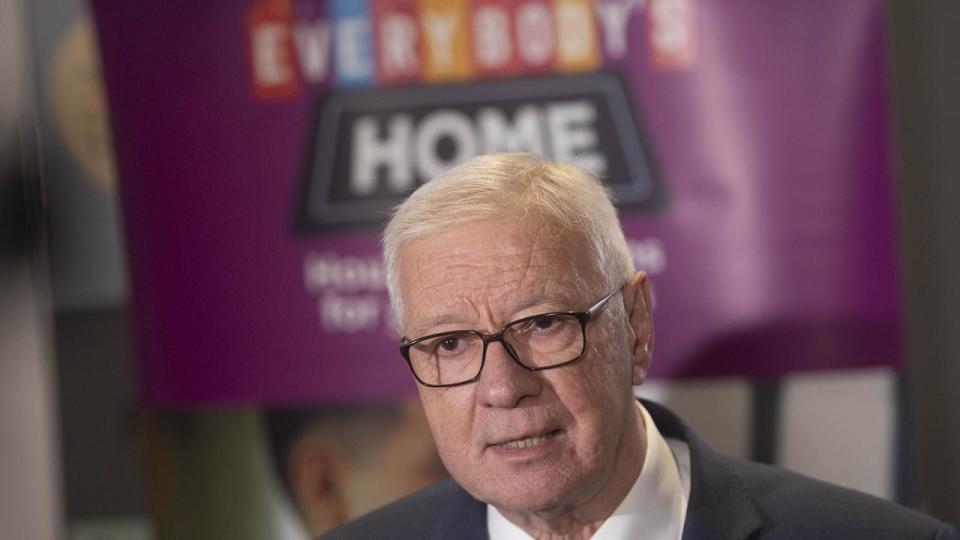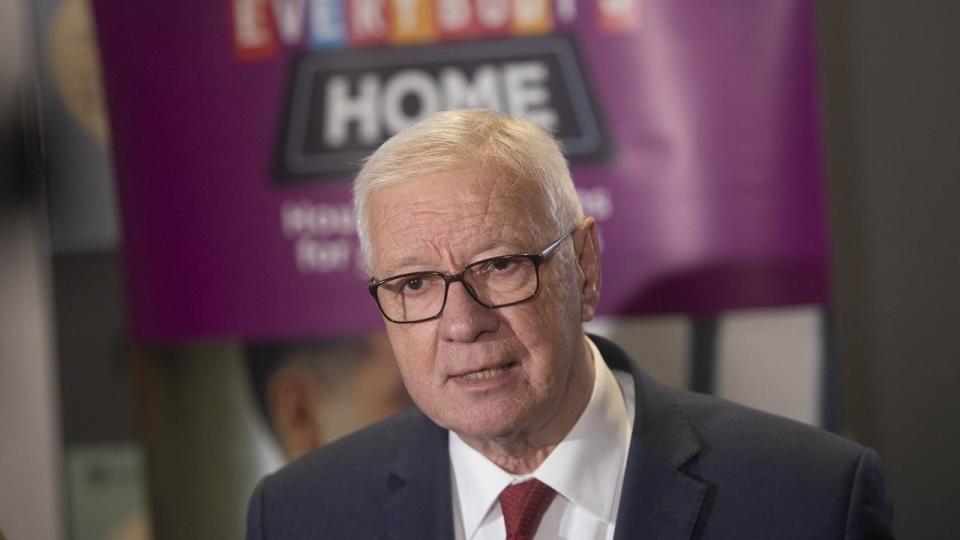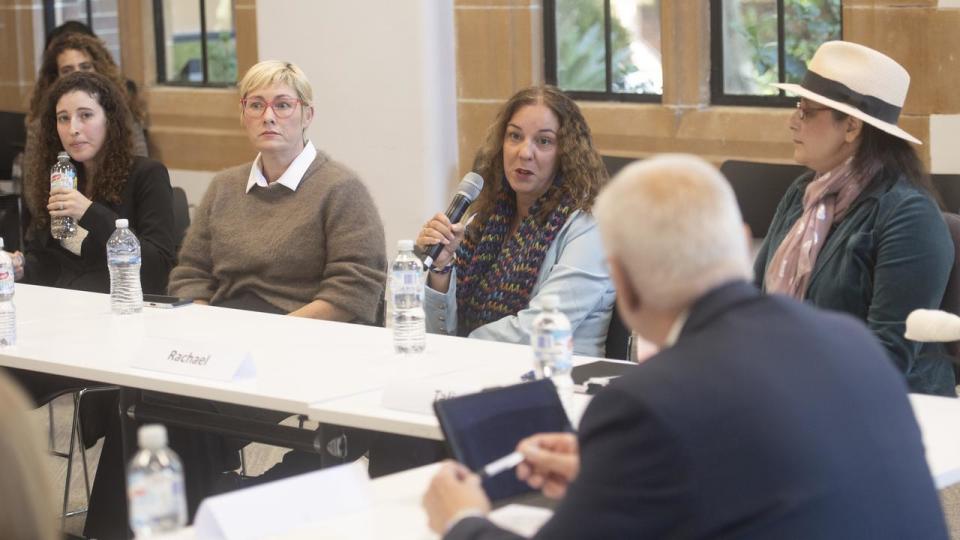Tragic truth young Aussies now admit

Australia is confronting a bleak future in which only those lucky enough to inherit “generational wealth” will be able to live in their own home, according to heartbreaking testimony from young Australians at a “people’s commission” into the country’s tightening housing crisis.
The Everybody’s Home commission heard from four young Australians on Wednesday, who delivered jarring insights into the stress, pain and instability created by Australia’s sharp lack of supply, rising rent and house prices and overwhelmed support services.
Maddie said she had a mortgage on a two-bed apartment with her partner, but the couple could only afford to purchase the property with a deposit from her partner’s parents.
“I feel intense guilt about that,” she said.
“I know that it is completely unfair.”
Maddie said the crisis was so stark there was effectively only one way for younger Australians to secure the traditional dream of owning a home: “generational wealth”.
“You need to have generational wealth yourself, or partner up with someone who does, that’s it,” she said.
“As a society we can do better and we must do better.”
The commission, co-chaired by former Labor Senator Doug Cameron, is designed to lift up a national conversation about the housing crisis, its impacts and what can be done to fix it.

The commission is conducting four hearings on Wednesday, focused on families in housing stress, the future for young Australians, how working-class Australians are navigating the crisis and how older Australians are bearing up under the crisis.
Imogen, now 24, told the commission how she had left home at 14 to escape family violence and travelled to Melbourne, where she experienced homelessness and couch-surfed to get by.
“I was terrified in the middle of the city,” she said.
“I didn’t know Melbourne well. I was really unsure if I was going to make it at times.”
Tyler, who identifies as queer, said overcoming the housing stress young Australians faced was more than an issue of accommodation, it also included learning essential “life skills” such as cooking nutritious food.
Brodie, now 22, grew up in the foster care system and recounted the stress he felt as he neared the age of 18 without a placement and facing the prospect of impending homelessness.
He said it was “sheer luck” that helped him avoid homelessness, in part through the support he received through the NSW Premier’s Youth Initiative
PYI is a support service for young people leaving foster care that provides them with a personal adviser, education and employment mentoring, a transitional support worker and subsidised accommodation.

Brodie is now in a stable rental, but implored the commission and the country more broadly to build a society that was not so dependent on “luck”.
“Thank you for listening to my story of complete luck,” he said.
Mr Cameron, wrapping up the session, said more public housing would form a crucial part of the solution.
“For me, what continues to come through, having housing predominantly based in the private rental market, is quite a problem,” he said.
“There needs to be more community and public housing to give people options.”
“You’ve given us some real big insights into the issues we need to deal with for young people.
“Fundamentally, they are the same for everyone.”

 Yahoo Finance
Yahoo Finance 